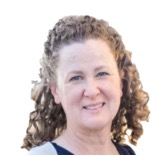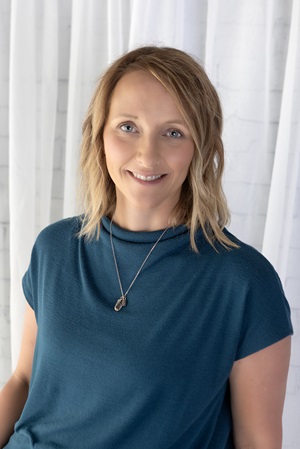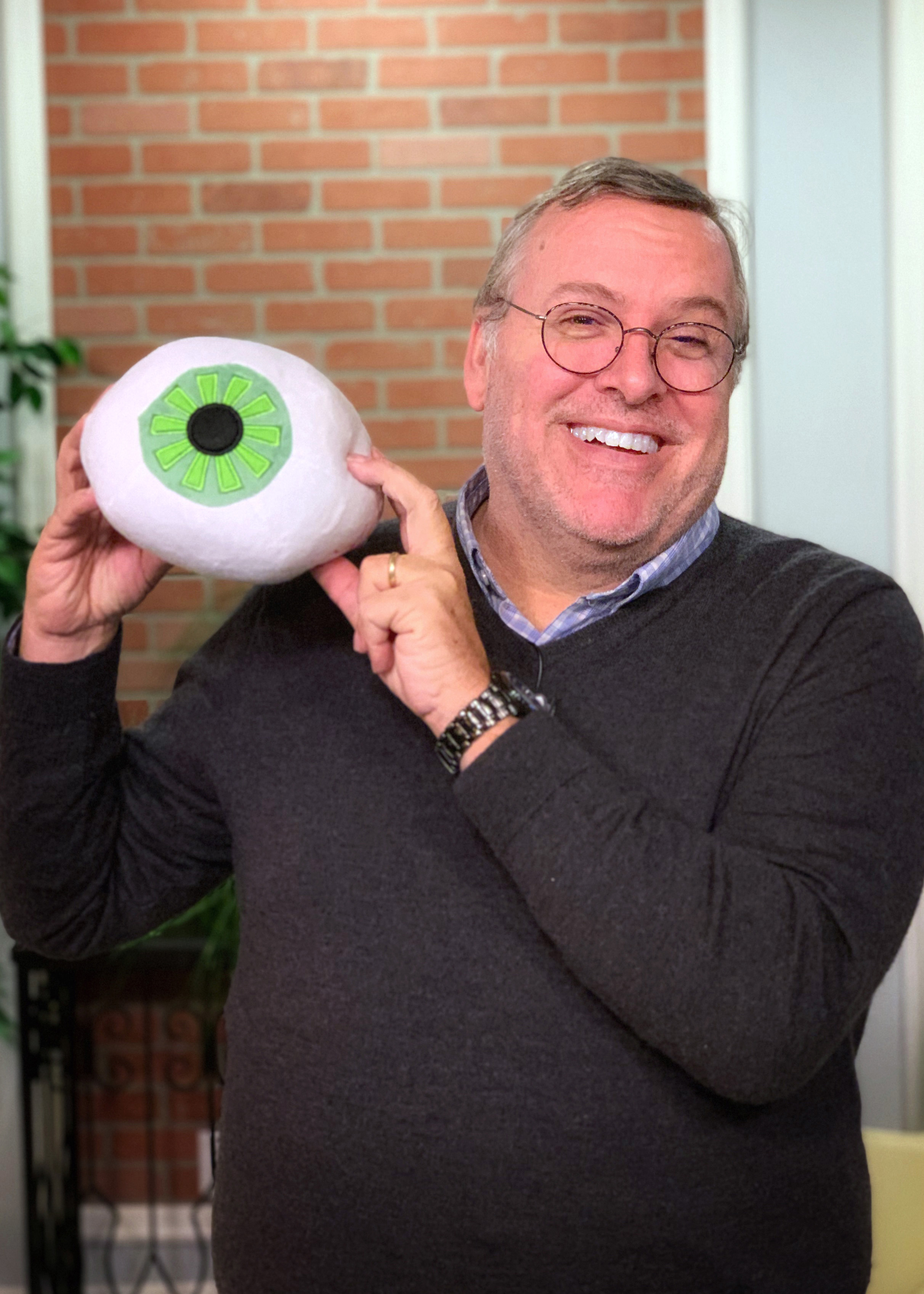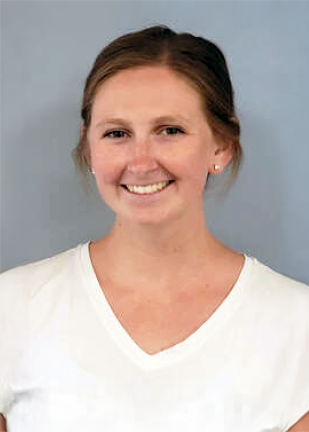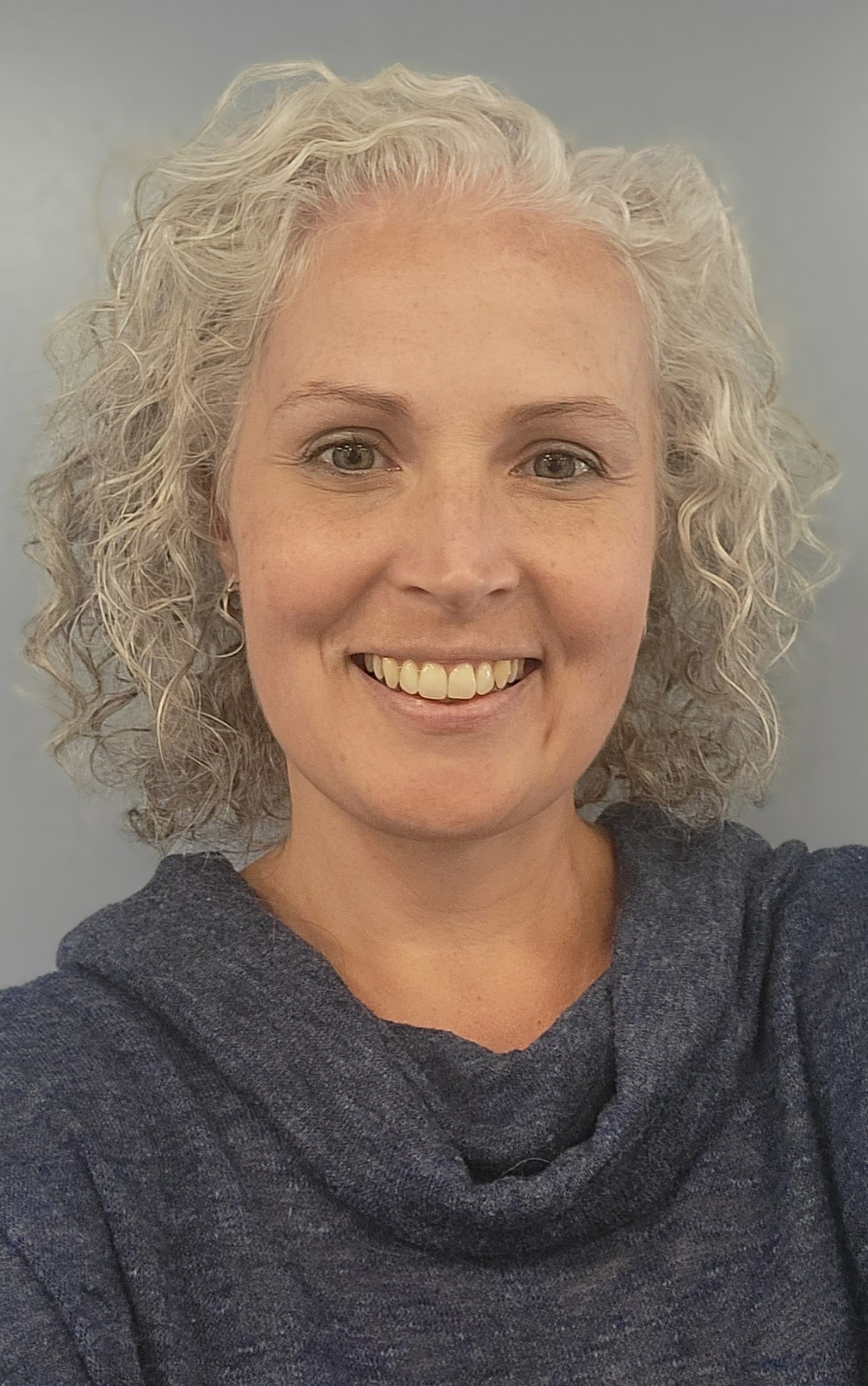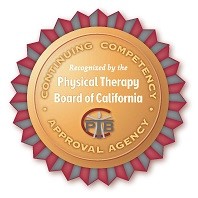Course Description
This special event weekend was developed to go beyond the basics of vision. Featuring recently published authors and longtime vision practitioners, this event shares the knowledge needed to help you more efficiently utilize evidenced-based techniques to treat visual dysfunction no matter what your practice area.
4- 2 hour Vision Focused Sessions
Using an Integrative OT/VT Model to Treat Concussion - Alicia Reiser PPOTD, MS OTR/L, CBIS, ADHD-CRP
Trying to meet all of the rehab needs of those suffering from a concussion or developmental disability can be daunting, and commonly patients are treated piecemeal by many different providers. This Intermediate level course introduces you to a model of occupational therapy and optometry working together to meet the entire needs of the person, with occupational therapy at the helm of function and optometry at the helm of vision. Participants will learn how to use this model to combine vision remediation tools, directed by optometry, with integrative concepts of using the vagus nerve, interoception awareness and function to significantly improve your rehab outcomes and your patient’s performance. By occupational therapy and optometry working together, the roles of play, school, work, sport and leisure can improve faster to get your clients back to life. Physical, Occupational and Speech therapists, in addition to optometrists, pediatricians and any concussion providers, will all benefit from a deeper understanding of the functional role of the visual system in their patient's performance, regardless of age or diagnosis.
Interoception: Using An Interoceptive-Based Approach To Improve Vision-based Functional Deficits - Meghan Chemidlin OTD, MS OTR/L
Have you ever noticed your eyes moving, your heart racing, your skin sweating or your head pounding? Do you know how you are able to feel these things? It’s thanks to our eighth sensory system known as interoception. Interoception is the ability to recognize and perceive physiological body signals. This sense is gathering information from your entire body to determine how your body feels. When one has difficulties recognizing or understanding these body signals, it can lead to several difficulties and deficits. Research shows however, it can be improved. This introductory course will introduce the learners to interoception and describe how it can impact one’s performance, including those with vision deficits. The course will also review how poor interoceptive awareness can lead to difficulties recognizing emotions and cause difficulties with regulation, further impacting one's ability. The participants will learn how they can implement an interoceptive-based intervention into practice to help improve a patient's performance, specifically with vision related functional deficits, as well as identify other benefits to improving interoceptive awareness.
Understanding Visual Spatial Deficits for Improved Therapeutic Outcomes - Amber Fessler OTD, MS, OTR/L
Visual-spatial processing is vital for many daily life activities from mobility to cognition.
Individuals with visual-spatial impairments exhibit challenges with safely navigating obstacles
within their environment, understanding directional concepts, letter or word reversals, and more.
Understanding and identifying visual-spatial deficits can optimize your client’s therapeutic
outcomes. This 2-hour course will outline the hierarchical performance factors needed to
develop visual-spatial processing skills. Through the presentation of evidence-based
information, case study review, and play, participants will learn the development, evaluation, and
remediation of visual-spatial skills that can be implemented immediately into practice.
“Can You See Me Now?”: Measuring Remedial Vision Success - Suzanne Briggs OTD, OTR/L
Remedial vision rehabilitation is an emerging area of specialty in occupational therapy. Remedial vision can be measured with various instruments and assessments, but which ones are the best and give the most information to benefit the patient, therapist, and the neuro-optometrist directing treatment? Understanding how to administer the assessments and why to use each assessment tool is essential to demonstrate remedial vision improvements and a successful program. This intermediate course will provide the therapist (OT, OTA, PT, PTA) with information on what remedial vision rehabilitation addresses and assessments or screens that can be used for outcomes and to measure the program's success. At the end of the course, the therapist should feel more comfortable completing an evaluation using the described measurement tools in their remedial vision rehabilitation program.
2 - RoundTable Discussions
The OT/OD Collaboration
Join us for a 2 hour discussion with therapists, optometrists and even a billing specialist as we share the challenges of OT/OD collaboration in different contexts.
The Future
The instructors, hosts and attendees will discuss the successes of the conference and identify needs for future educational needs. .
TWO WAYS TO ATTEND:
- Attend as part of the LIVE STUDIO AUDIENCE in Gulf Breeze, Florida - Studio audience seats are limited - so register today!
- Attend via LIVE STREAM from anywhere around the world. Live stream participants will login to access the event from their computer.
NOTE:
- This live event is streamed in real time.
- Course agenda is in Central time, please adjust for your time zone
- Registrants who attend the live broadcast will be able to interact with instructor.
- All registrants will have access to the broadcast recording for 14 days.
- A group may view the course together, however each attendee must be individually registered in order to receive CE credit.
 ×
Home
Calendar
Courses
Club CIAO
Request A Course
VitalStim® Info
VitalStim® Registry
Products
eCourse Bundles
About Us
Our Mission
Podcasts
FAQs/Forms
Toys & Tools
Search
Contact
Login!
×
Home
Calendar
Courses
Club CIAO
Request A Course
VitalStim® Info
VitalStim® Registry
Products
eCourse Bundles
About Us
Our Mission
Podcasts
FAQs/Forms
Toys & Tools
Search
Contact
Login!
